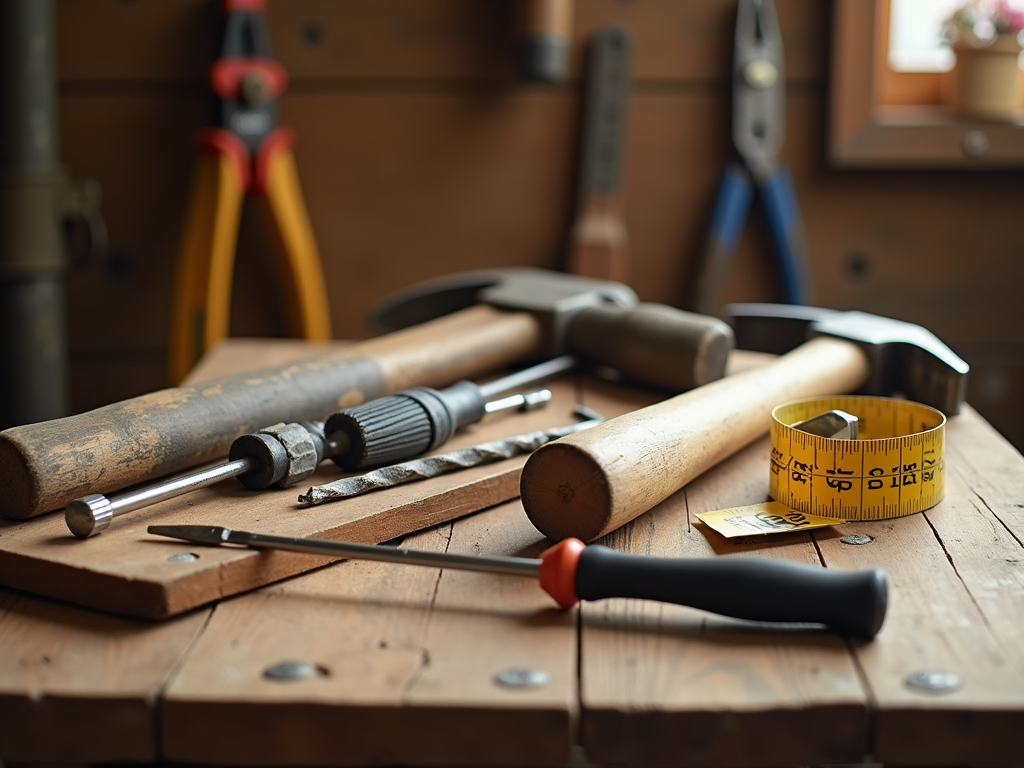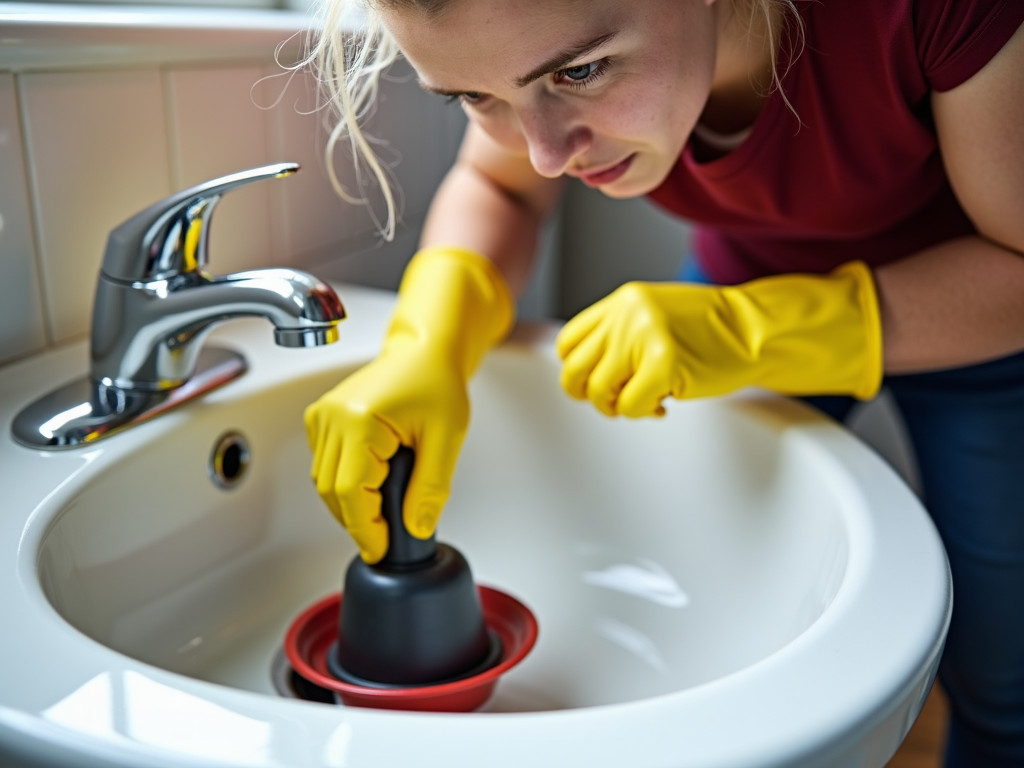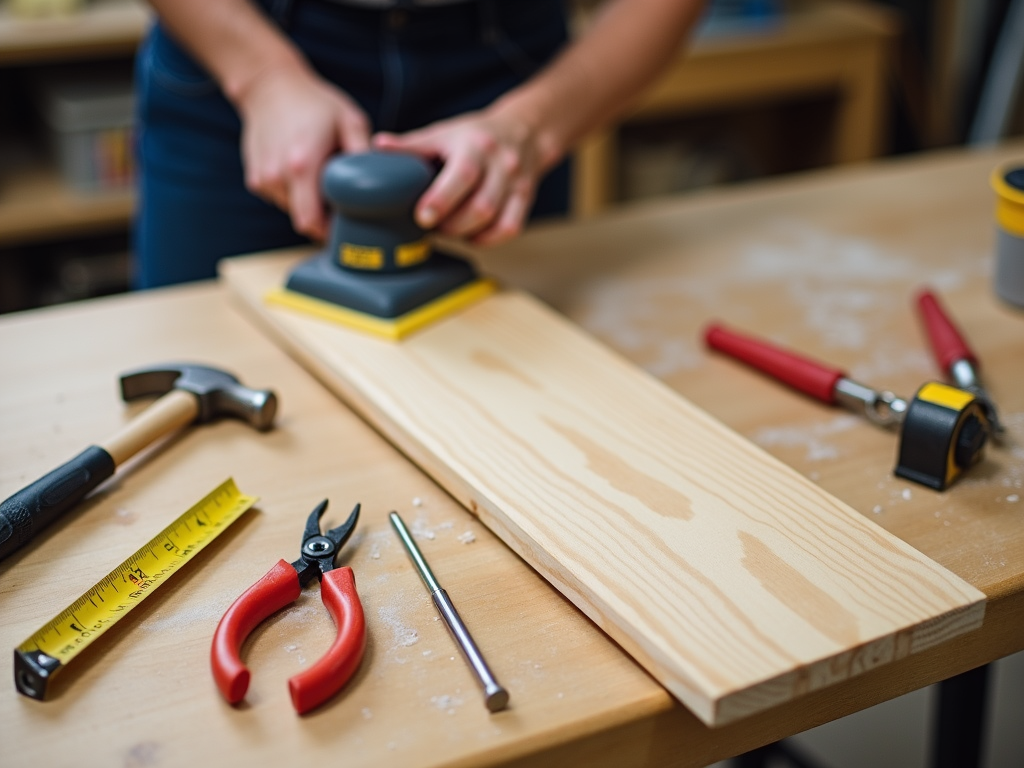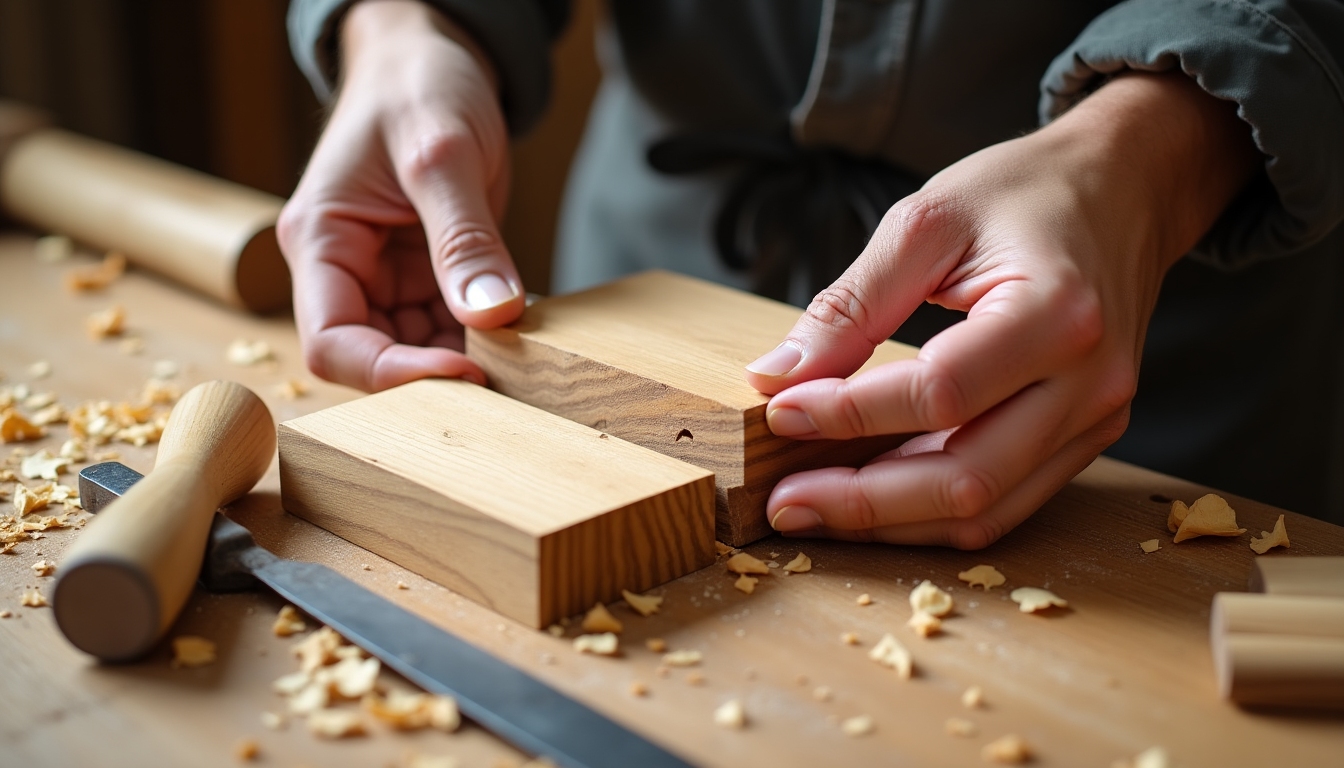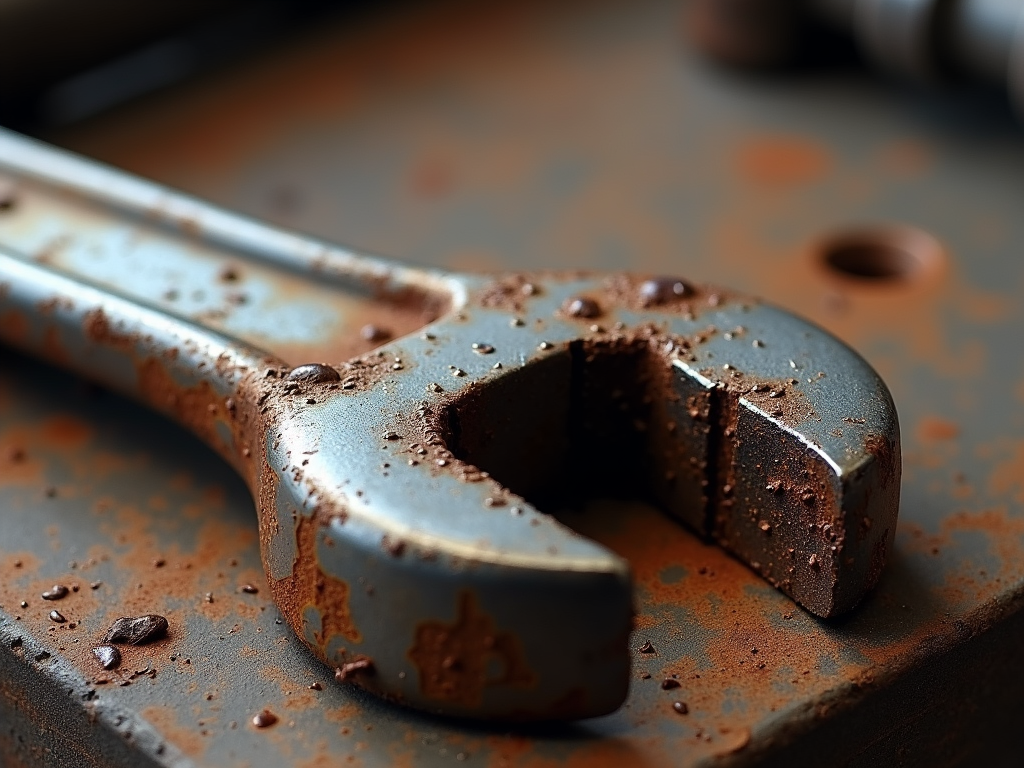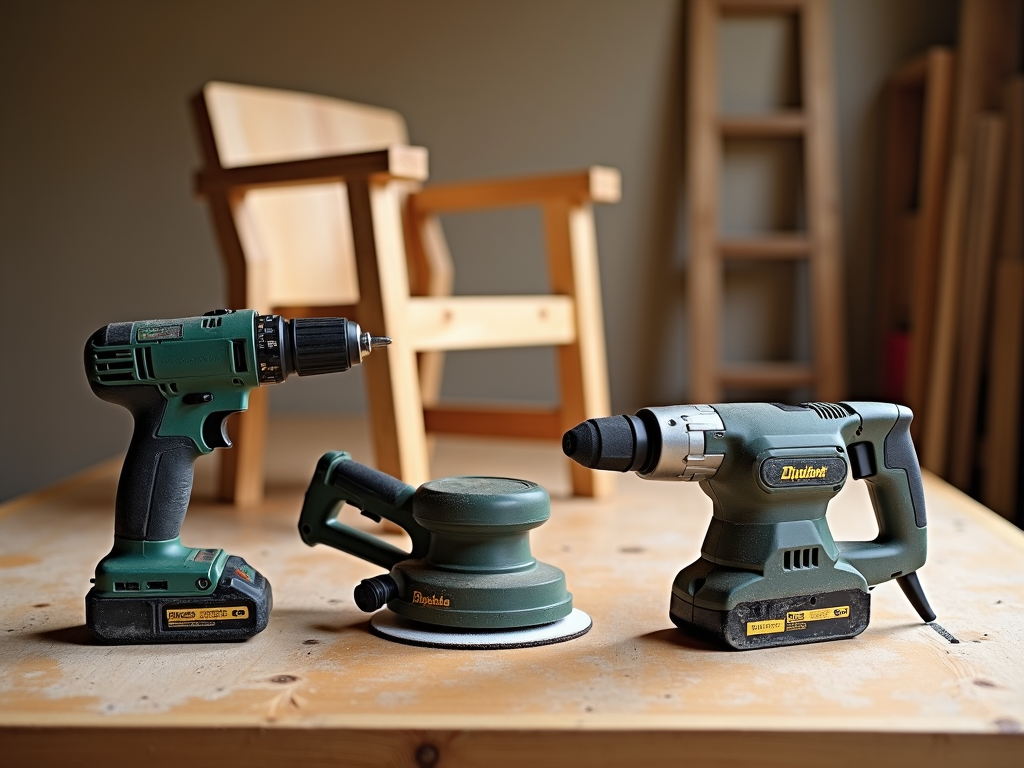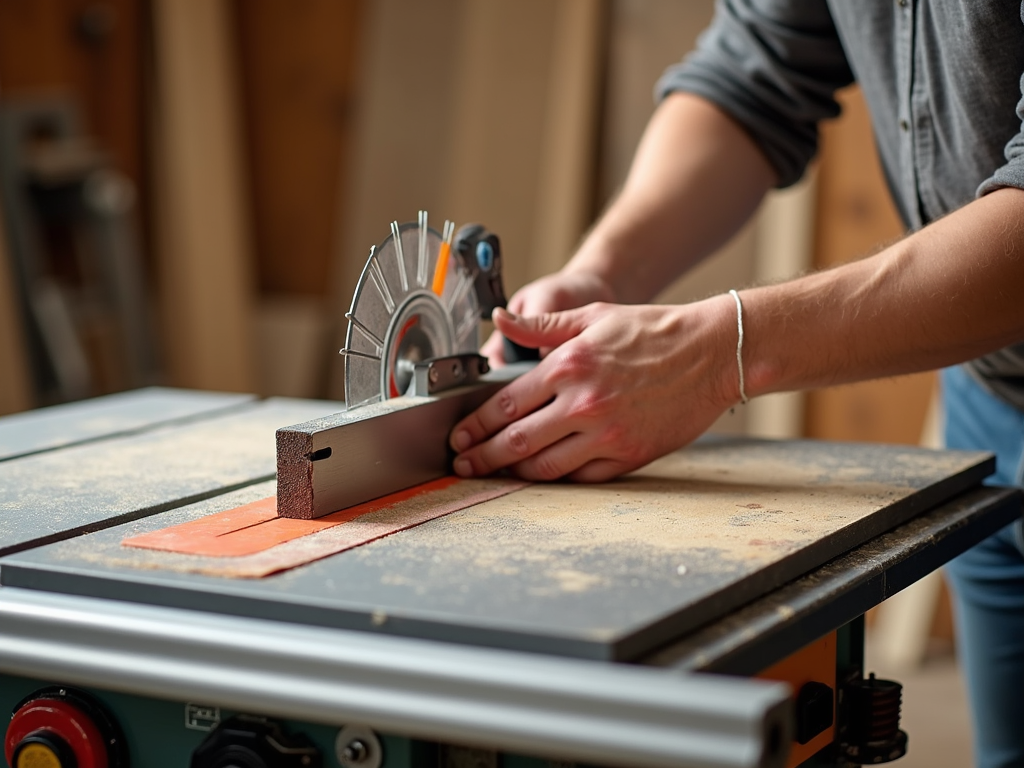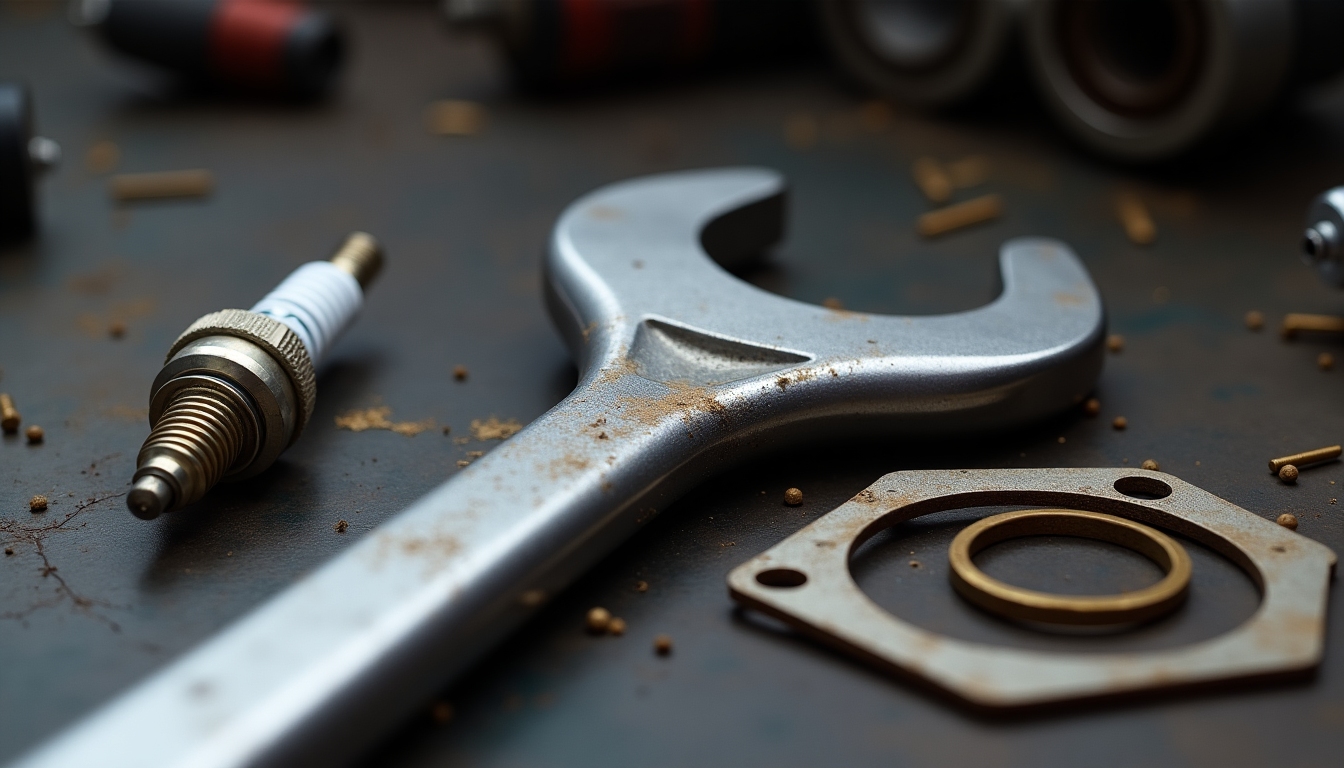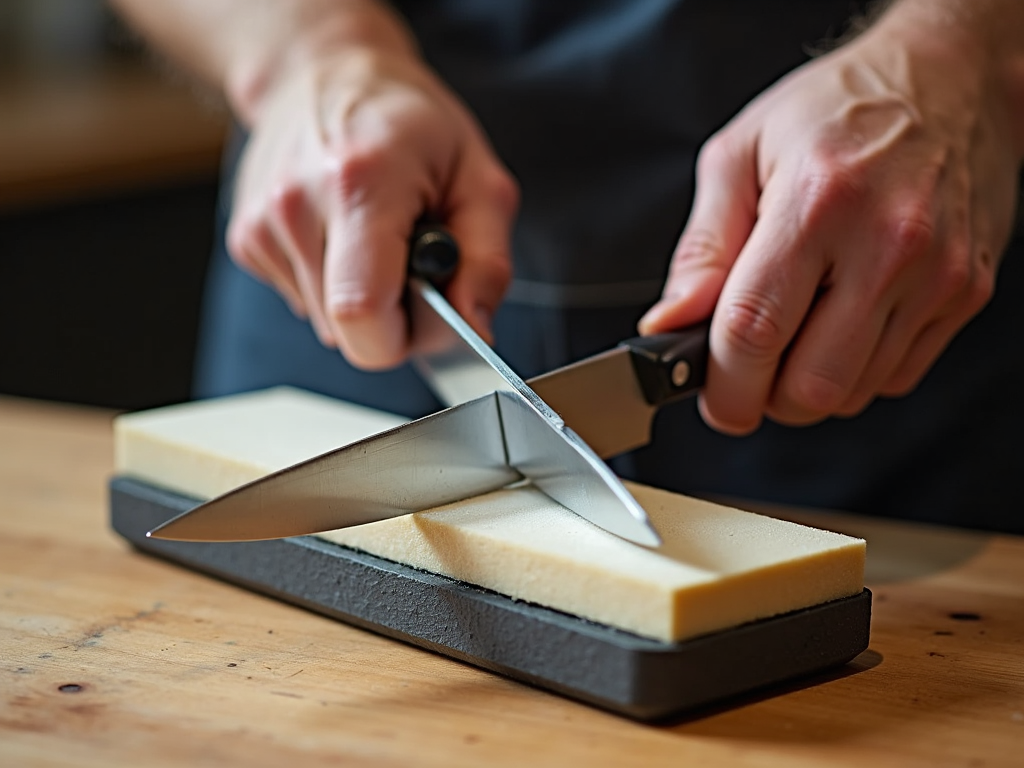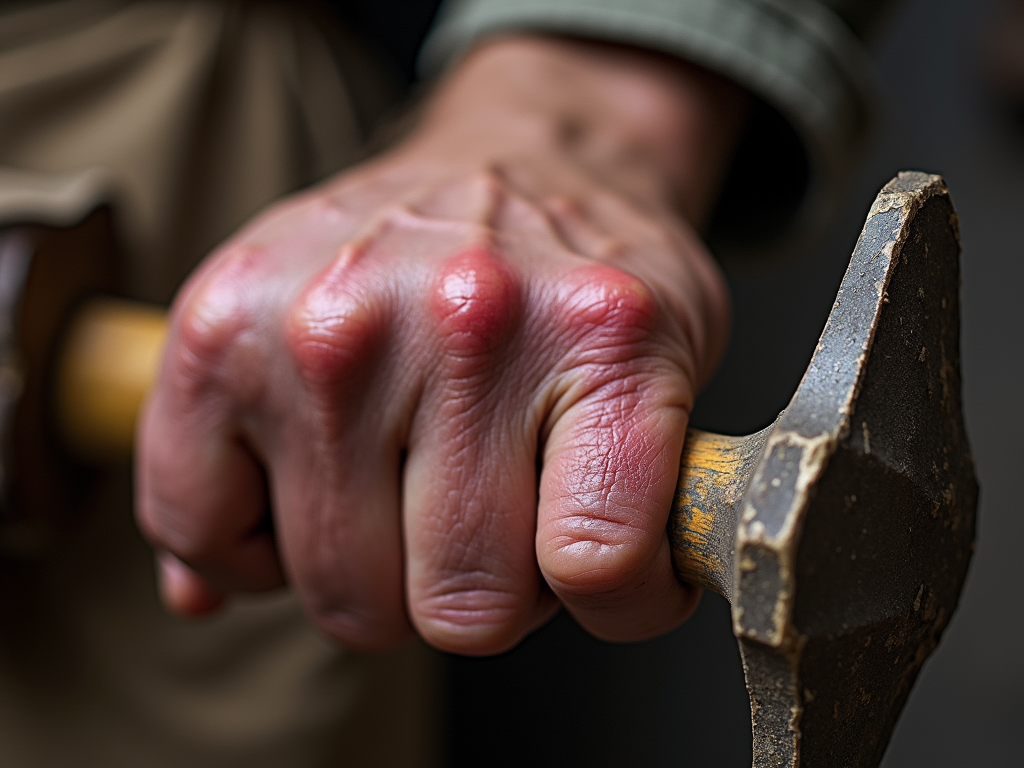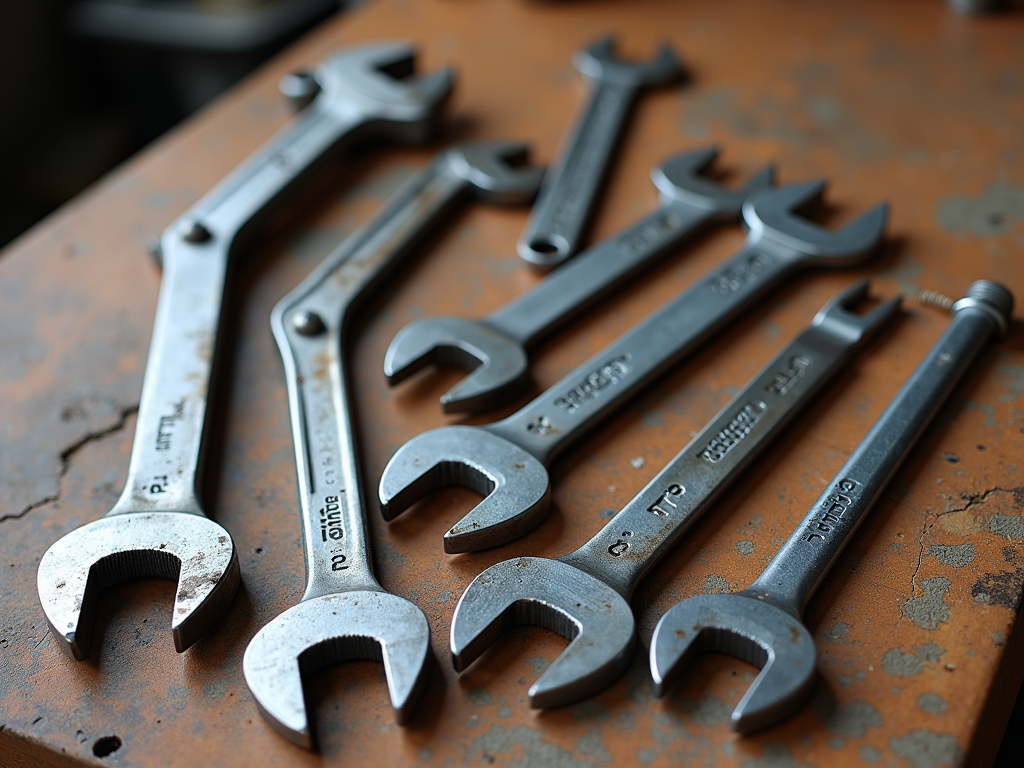Choosing the right electrical tools is crucial for any project, ensuring efficiency, safety, and quality results. This guide will help you select the best tools for your needs, whether you're a professional or a DIY enthusiast.
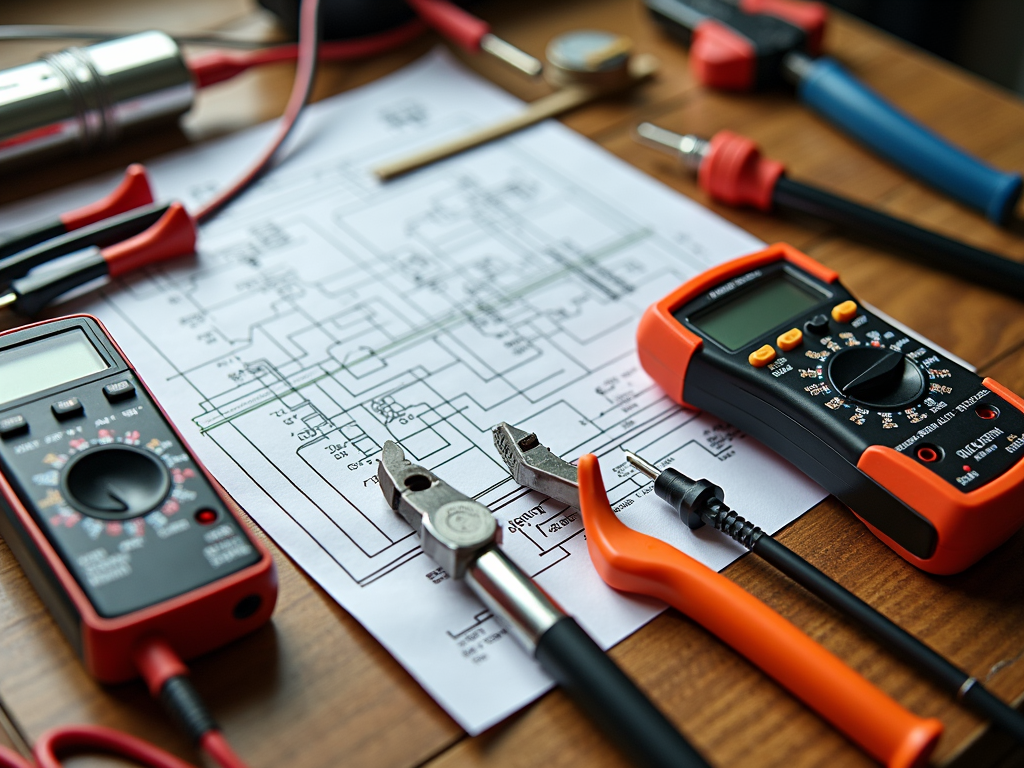
Understanding Your Project Needs
Before you start any electrical project, it's essential to understand what tools you'll need. This involves assessing the scope of the project, the type of work involved, and your skill level. For example, a simple wiring task might only require basic tools like wire strippers and a screwdriver, while a more complex installation might need a multimeter and specialized pliers.
Personal Insight: I once started a project without fully assessing my tool needs and ended up making multiple trips to the hardware store. It was frustrating and time-consuming. Now, I always make a list of required tools before starting any project.
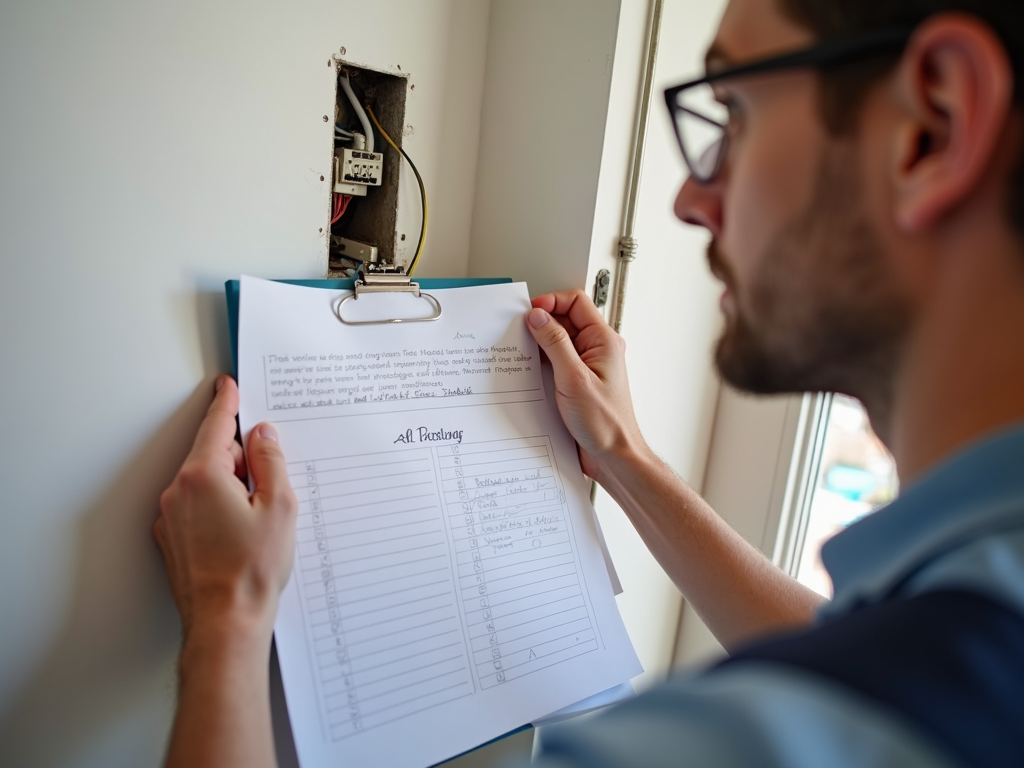
Essential Electrical Tools
Every electrician or DIYer should have a set of essential tools. These include:
- Multimeter: For measuring voltage, current, and resistance.
- Wire Strippers: For removing insulation from wires.
- Pliers: For gripping, twisting, and cutting wires.
- Screwdrivers: For securing and loosening screws.
- Voltage Tester: For checking if a circuit is live.
These tools are fundamental for any electrical work, from simple repairs to complex installations.
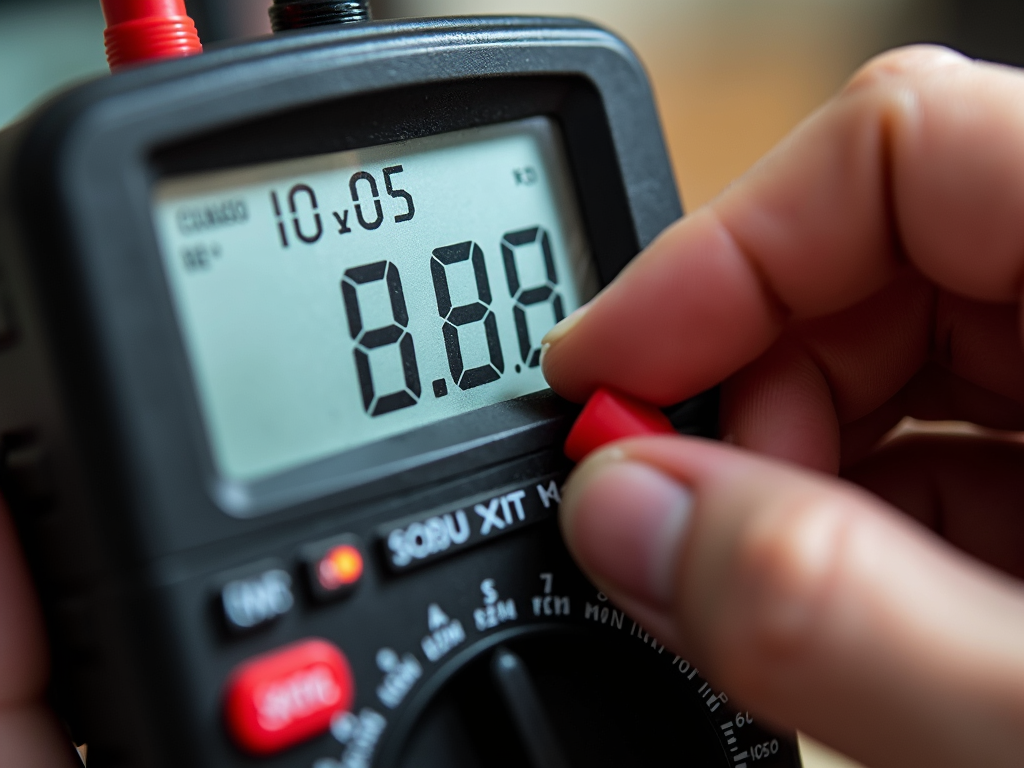
Safety First
Working with electricity can be dangerous, so safety should always be a priority. Using the right tools is a key part of staying safe. For example, insulated tools can prevent electric shocks, and a voltage tester can ensure a circuit is safe to work on.
Safety Tip: Always turn off the power at the breaker before starting any electrical work. Double-check with a voltage tester to be sure.
For more detailed safety guidelines, check out the OSHA Electrical Safety Guide.
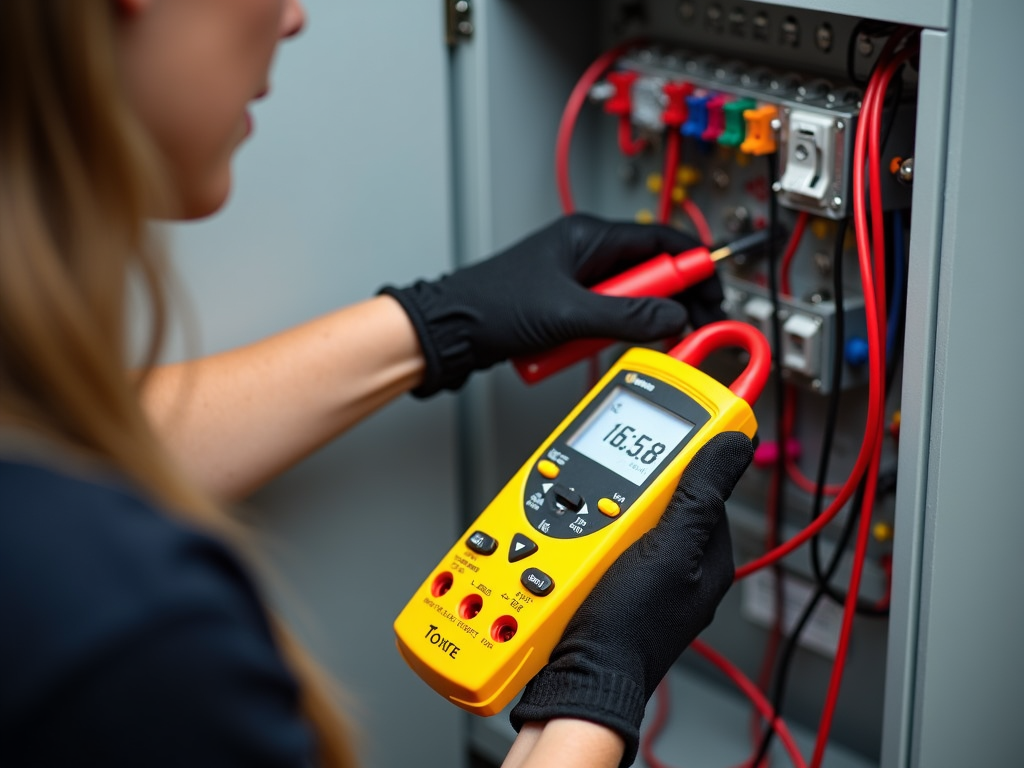
Quality vs. Cost
When choosing tools, it's important to balance quality and cost. High-quality tools are often more durable and reliable, but they can be expensive. For occasional use, budget tools might suffice, but for frequent or professional use, investing in quality is wise.
Personal Insight: I once bought a cheap multimeter that gave inaccurate readings, leading to a faulty installation. Since then, I've learned to invest in reliable tools from reputable brands.
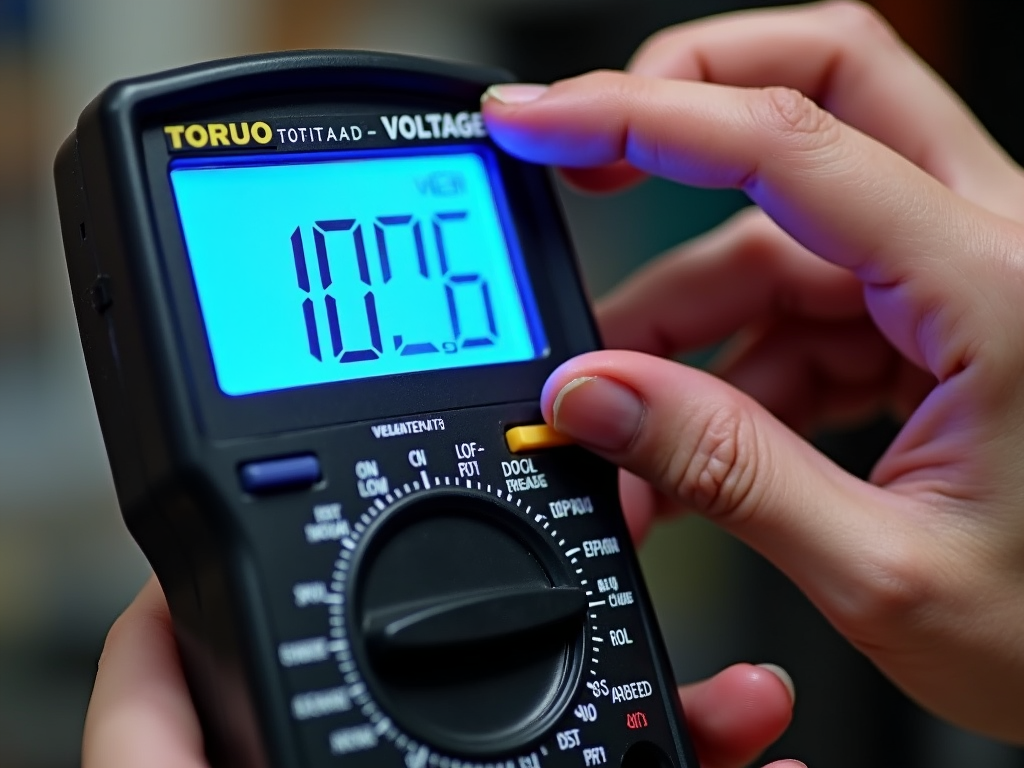
Maintenance and Care
Proper maintenance can extend the life of your tools. Keep them clean, store them in a dry place, and regularly check for wear and tear. For example, lubricate moving parts and sharpen cutting edges as needed.
Tip: A well-maintained tool not only lasts longer but also performs better, making your work easier and safer.
Learn more about tool maintenance from Tool Care Tips by DeWalt.
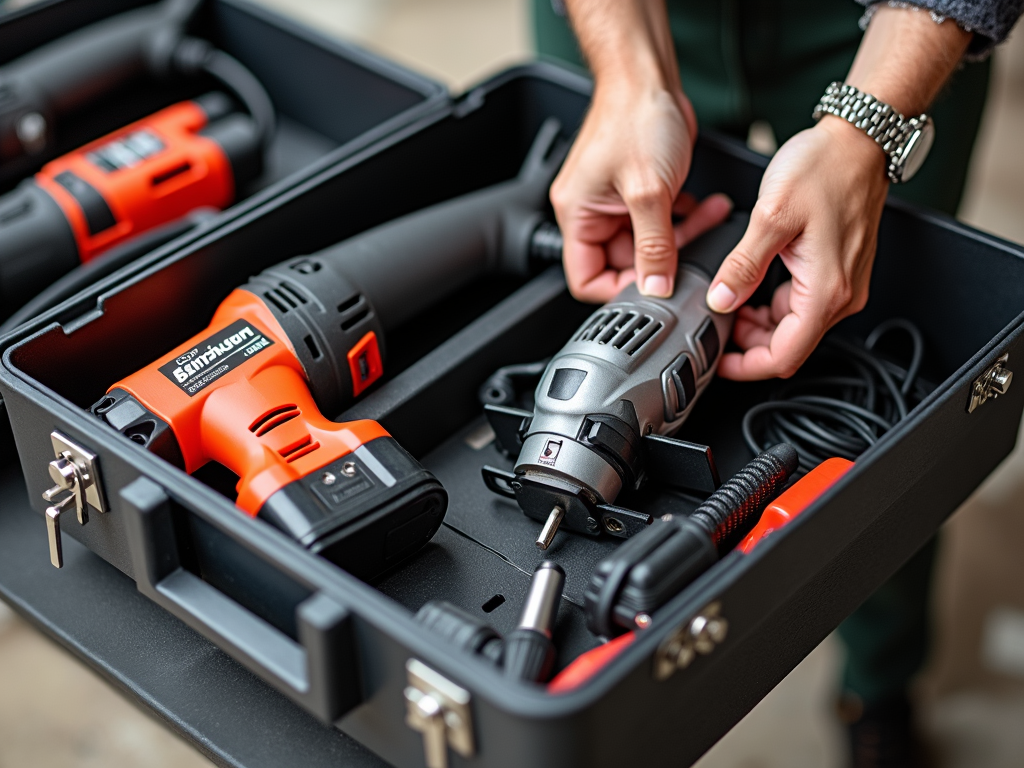
In summary, choosing the right electrical tools involves understanding your project needs, prioritizing safety, balancing quality and cost, and maintaining your tools properly. By following these guidelines, you can ensure your projects are successful and safe.
Related How to Choose the Right Electrical Tools for Your Project:
- DIY Projects You Can Tackle with Basic Hand Tools
- Beginner’s Guide to Fixing Common Plumbing Issues
- Top 10 Must-Have Tools for DIY Beginners
- Advanced Woodworking Techniques for Enthusiasts
- How to Maintain and Store Wrenches: A Comprehensive Guide
- How to Choose the Right Power Tool for Your Project
- Understanding OSHA Safety Regulations for Construction Sites
- The Ultimate Guide to Table Saws with User-Friendly Features
- Understanding Torque Wrench Basics
- How to Sharpen Your Cutting Tools: The Ultimate Guide to Workshop Equipment Maintenance
- Preventing Injuries with Smart Tool Choices: A Guide to Worker Safety and Efficiency
- Types of Wrenches for Different Jobs: A Comprehensive Guide
